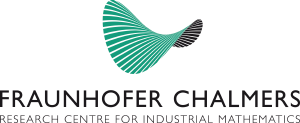Abstract
Background:
Antibiotic treatment depends on the susceptibility of the bacteria, typically estimated using cultivation-based methods that can be slow and time-consuming. Physicians empirical treatment has a considerable chance of failing or being unnecessarily broad.
Contribution:
Application of Natural Language Processing tools to predict antibiotic resistance from incomplete data. Development of a deep learning model that predicts the susceptibility of bacterial isolates to antibiotics. Uncertainty control to make predictions with pre-specified confidence for all possible outputs.
Dataset:
Susceptibility test data for 413,593 isolates from 30 European countries retrieved from The European Centre for Disease Prevention and Control. The isolates correspond to Escherichia coli obtained from blood samples.

